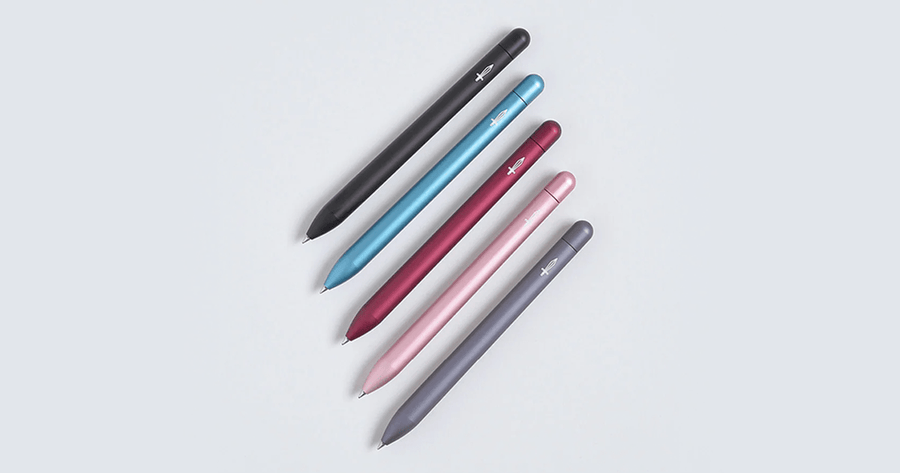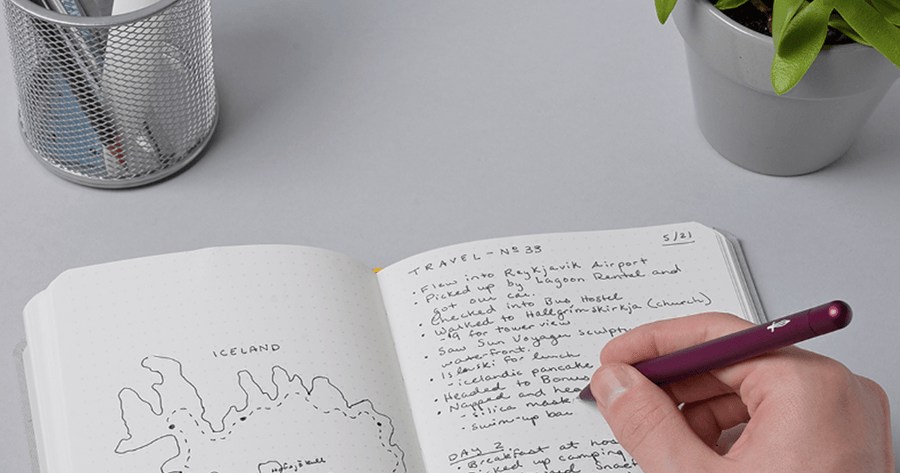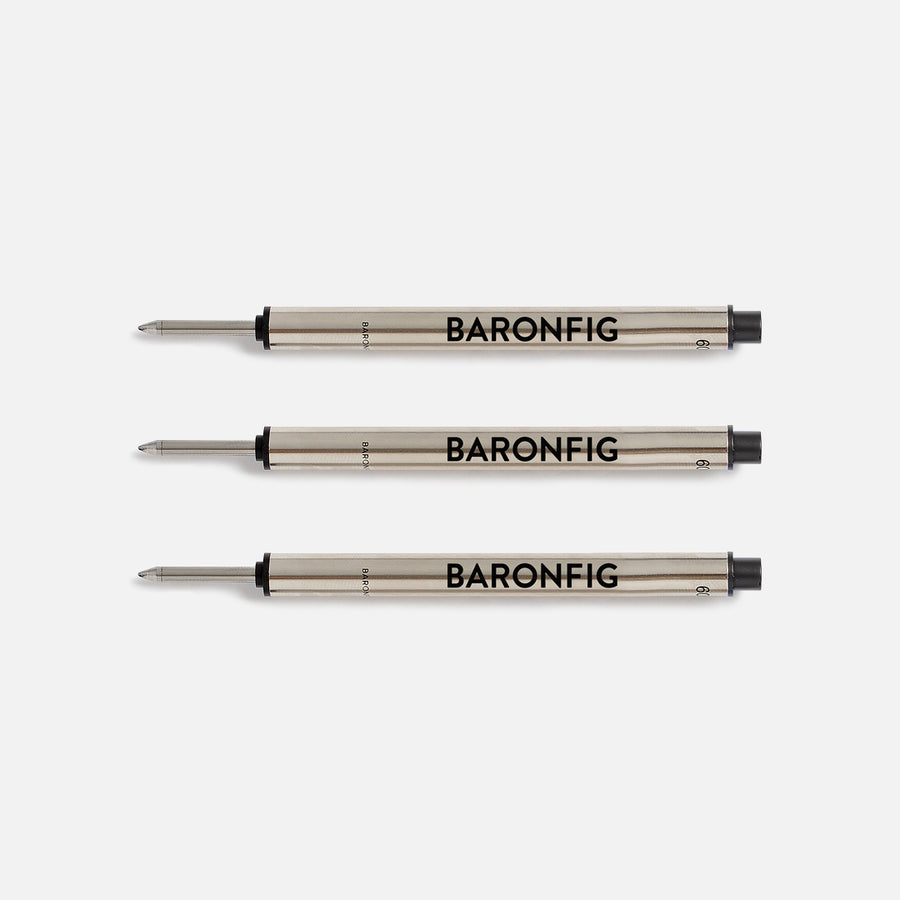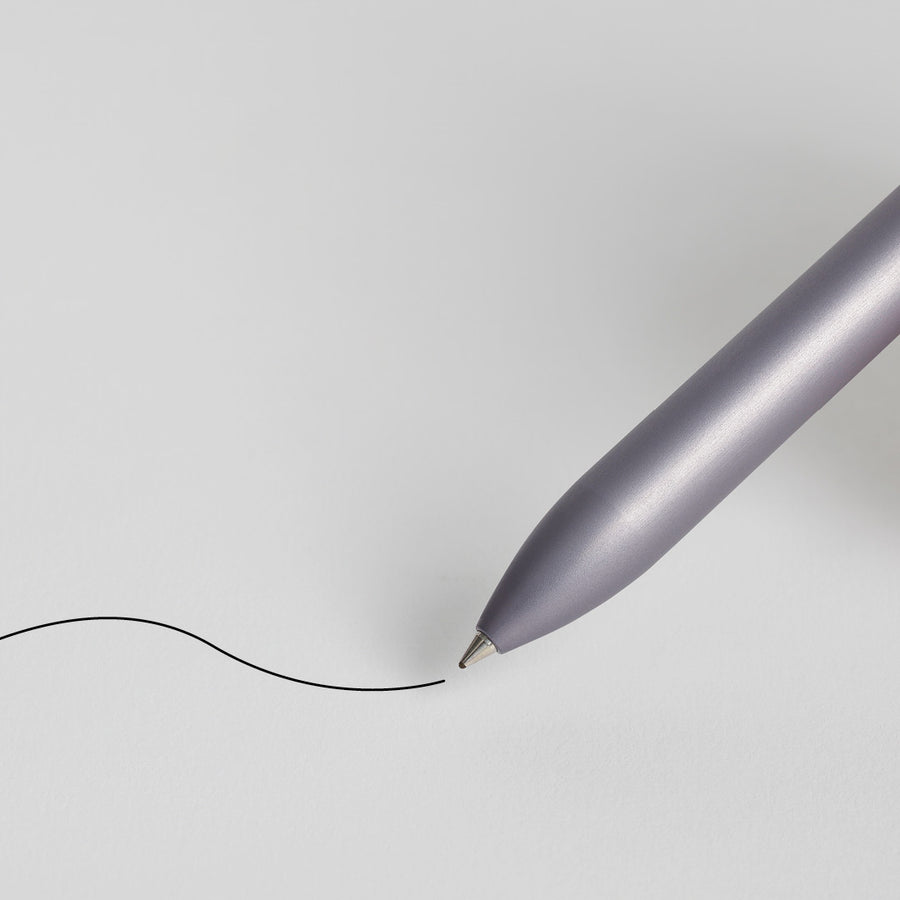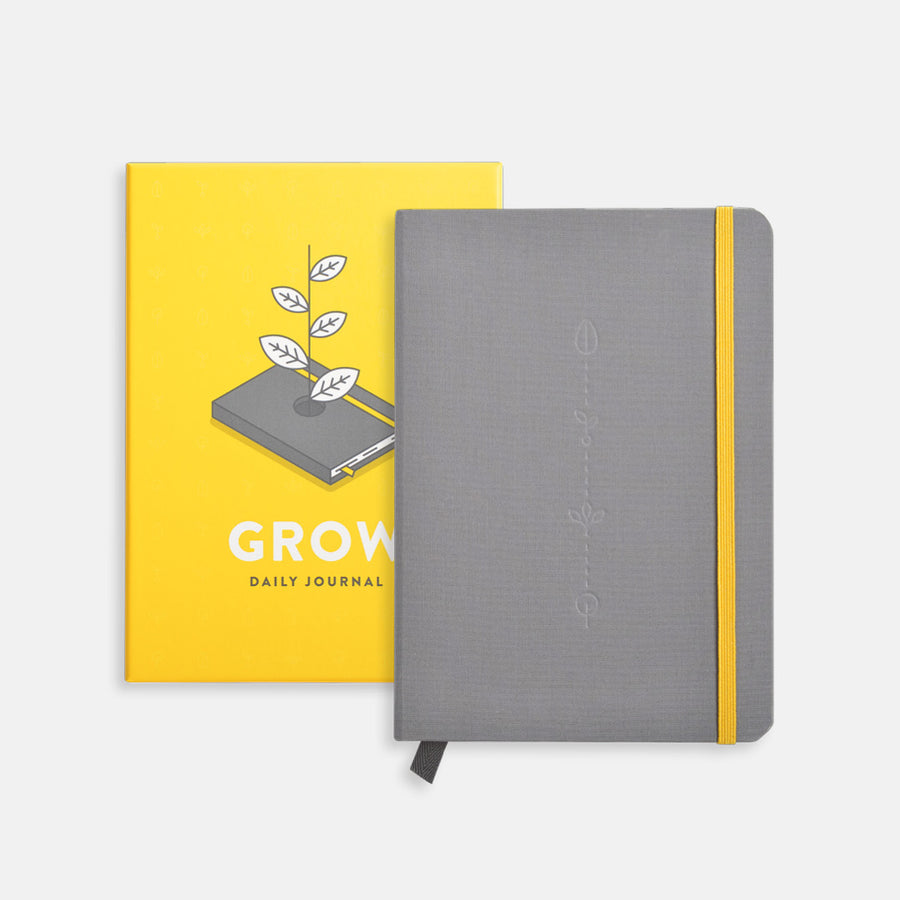In an era dominated by digital screens, touchpads, and instant messaging, the act of writing by hand might seem archaic to some. However, beneath the tangible act of scrawling words on paper lies a myriad of psychological benefits that continue to make handwriting a powerful tool for thinkers, learners, and creators alike. In this article, we delve into the intriguing psychology behind the seemingly simple act of writing by hand.
The Mind-Hand Connection
The connection between our minds and our hands is profound. When we write manually, we don't merely jot down words; we engage in a dynamic cognitive process.
- Enhanced Memory: Numerous studies have found that students who take handwritten notes, as opposed to typing, have a better grasp of the material. Writing by hand requires a different type of cognitive engagement, prompting us to process information and reframe it in our own words.
- Boosted Creativity: Handwriting can open up the floodgates of creativity. The unrestricted nature of a blank page allows thoughts to flow more organically, providing a playground for the mind.
- Mindfulness and Presence: Writing by hand, especially journaling, can be meditative. The deliberate strokes and pace can ground us in the present moment, promoting mindfulness.
Expressing Identity
Your handwriting is uniquely yours, much like a fingerprint. The way each letter is formed, the pressure exerted, and the slant—all these nuances contribute to an intimate form of self-expression.
- Personal Touch: Handwritten letters or notes carry an emotional weight that digital communication often lacks. It offers a personal touch, capturing a part of the writer's essence.
- Self-Reflection: Journaling by hand provides a mirror to our thoughts and feelings. Over time, noticing the changes in one's handwriting can reflect inner emotional shifts.
Therapeutic Benefits
Beyond cognitive advantages and self-expression, writing by hand has therapeutic qualities that have been recognized and utilized in psychological practices.
- Emotional Release: Pouring emotions onto paper can be cathartic. It provides an avenue for confronting and processing feelings, often leading to clarity and relief.
- Goal Setting and Affirmations: Writing down goals or positive affirmations by hand has been shown to boost commitment and internalization, possibly because of the deliberate nature of the act.
- Mind Mapping: Brainstorming and mind mapping by hand, where ideas are allowed to flow freely and interconnectedly, can lead to deeper insights and innovative solutions.
Handwriting in the Digital Age
While we are surrounded by keyboards and screens, the relevance of handwriting remains unwavering. There's a tangible satisfaction in filling up the pages of a notebook, a sense of achievement, and a connection to centuries of thinkers who put pen to paper before us.
In Conclusion
The act of writing by hand transcends mere communication. It's a dance of the mind and the hand, an intimate portrayal of thoughts, and a testament to our cognitive capabilities. In the balance between the digital and analog, let's not forget the power and psychology of this age-old art.
For those keen on embracing the benefits of handwriting, our curated collection of journals and pens awaits. Rediscover the joy of putting pen to paper.
